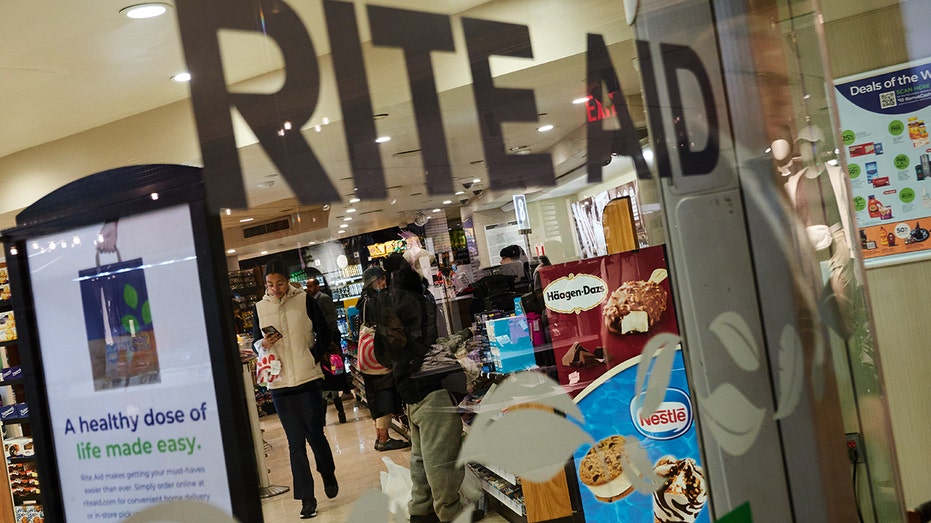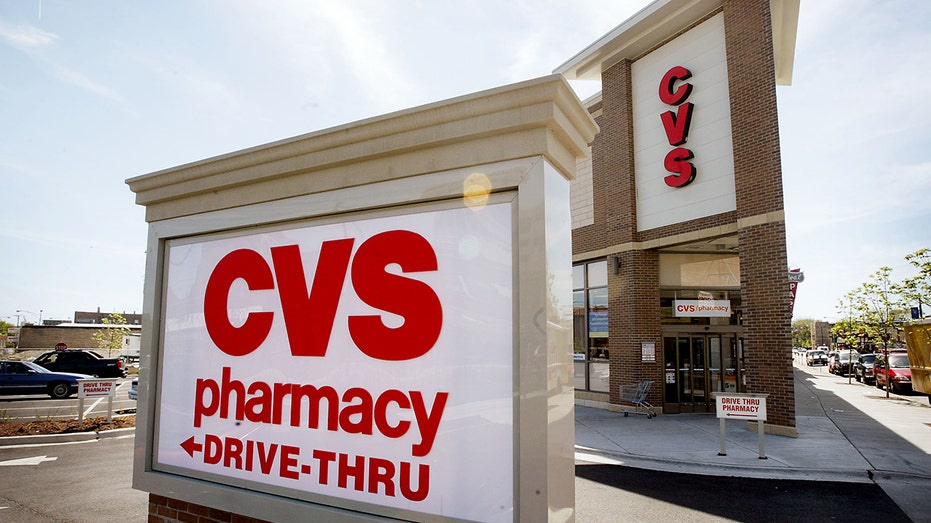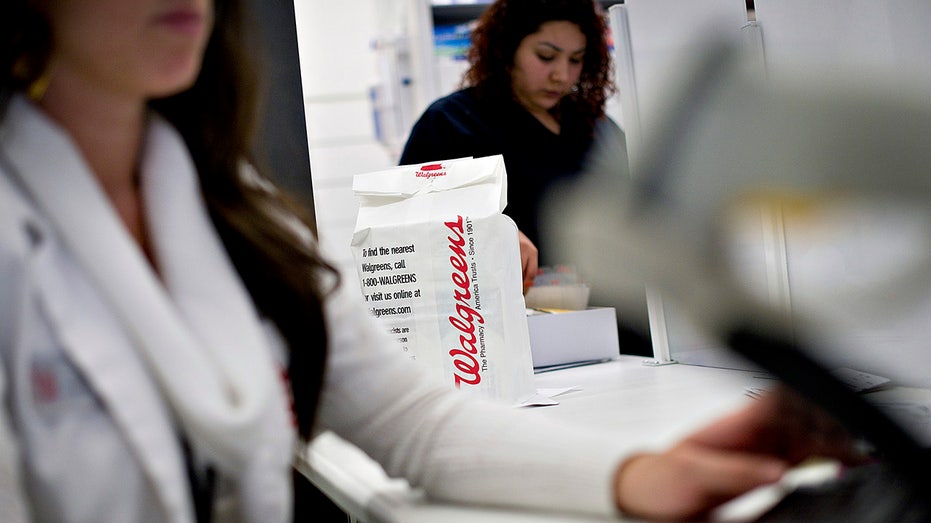Why neighborhood pharmacies are closing
Walgreens recently announced plans to close 1,200 unprofitable stores over 3 years
CVS, Walgreens pharmacists staging three-day walkout
Licensed pharmacist Shane Jerominski details why he is helping coordinate a three-day walkout with pharmacists from CVS and Walgreens.
CVS, Rite Aid and Walgreens closures across the U.S. in recent years haven't surprised industry experts, who anticipate more shutdowns as the industry adjusts and rightsizes itself.
"We have been watching this car crash in slow motion for years," George Hill, managing director and senior equity research analyst at Deutsche Bank, told FOX Business.
CVS in 2021 announced plans to close 900 locations over three years, citing factors such as population shifts, consumer buying patterns, store density in communities, access to pharmacy services and future health needs. Two years later, Rite Aid filed for bankruptcy and quickly initiated a store optimization plan that involved immediately closing 154 locations.
This week, Walgreens became the latest to announce that it will shut down approximately 1,200 unprofitable stores over the next three years.
For over a decade, Hill said the industry has noticed companies that manage prescription benefits — also known as pharmacy benefit managers, or PBMs — merge, ultimately giving them more buying power in the prescription drug market.
WALGREENS TO CLOSE 1,200 STORES AS PART OF TURNAROUND EFFORT

Customers inside a Rite Aid store in New York, on Oct. 16, 2023. (Bing Guan/Bloomberg via Getty Images / Getty Images)
Hill explained that there is a difference in power between those buying prescription drugs, like PBMs, and the pharmacies selling them.
PBMs operate in a competitive market and need to save money for their clients, including insurers and employers, but to achieve these savings, "they to try squeeze branded drug manufacturers on price and they try to squeeze retail pharmacies on price," Hill said, adding that this practice has been going on for a decade and "brought us to an uncomfortable place."
CVS, WALGREENS, RITE AID CLOSING STORES: A BRICK AND MORTAR DOWNFALL?
Given the lack of differentiation between CVS, Rite Aid and Walgreens, these companies are also "forced to take the price that is being offered by the payer… which has just led to a continued negative pricing cycle that has gone on again for well over a decade," Hill continued.
At the same time, the industry watched the continued growth and capacity building in the pharmacy space, which Hill said "didn't necessarily make a ton of sense."
Hill argued that the "industry seemed to be growing footprints and locations kind of faster than the need for pharmacies was growing."
If compounded with "company-specific mistakes that have been made as it relates to how they spend money and how they spend cash and how they grow and how they build, it leads companies to the position that CVS and Walgreens and Rite Aid are in," he added.

A sign marks the location of a new CVS pharmacy in Chicago on May 5, 2004. (Scott Olson/Getty Images / Getty Images)
Walgreens told FOX Business that its retail pharmacy business is central to its go-forward business strategy but that "increased regulatory and reimbursement pressures are weighing on our ability to cover the costs associated with rent, staffing, and supply needs."
The company said it will do everything in its power to improve the store performance, but when closures occur, it "will work in partnership with community stakeholders to minimize customer disruptions" and redeploy the majority of its team members to other locations.
RITE AID TO CLOSE 53 MORE STORES AMID BANKRUPTCY PROCEEDING

Employees at a Walgreens store in Oak Park, Illinois. (Daniel Acker/Bloomberg via Getty Images / Getty Images)
Rite Aid, now emerging from bankruptcy proceedings, said the Chapter 11 filing was part of a restructuring to "significantly reduce the Company’s debt, increase its financial flexibility and enable it to execute on key initiatives." It said proceedings would involve continued store footprint optimization.
"With the support of our lenders, we look forward to strengthening our financial foundation, advancing our transformation initiatives and accelerating the execution of our turnaround strategy," Rite Aid CEO Jeffrey Stein said in the company's bankruptcy announcement in October 2023. "In doing so, we will be even better able to deliver the healthcare products and services our customers and their families rely on — now and into the future."
Rite Aid didn't return FOX Business' request for comment.
CVS told FOX Business that it has been "closing locations strategically — as announced three years ago — not in reaction to industry pressures." CVS said while it closed 900 stores, it also opened 100 new stores over the same time.
Hill doesn't think the pharmacy model is obsolete. In fact, Hill said the retail pharmacy location is always going to be important for rapid turn-around prescriptions.
| Ticker | Security | Last | Change | Change % |
|---|---|---|---|---|
| CVS | CVS HEALTH CORP. | 78.35 | +2.02 | +2.65% |
| WBA | NO DATA AVAILABLE | - | - | - |
"The example that I always use when I talk to investors is I have an 8-year-old daughter. If she gets an ear infection, I'm not waiting for Amazon to show up with the prescription," he said.
GET FOX BUSINESS ON THE GO BY CLICKING HERE
Today, consumer baskets have changed. Previously, when a consumer went in to fill out a prescription, they could pick up other health and beauty items. Now, Hill said more people are buying those products from Amazon and other retailers.
There are roughly 60,000 retail pharmacies in the U.S., Hill said. The industry could decide that there needs to be closer to 35,000 or 40,000.
"I think the stores probably need to take a hard look at what is in their inventory… is profitable and what makes sense to carry," he said.





















